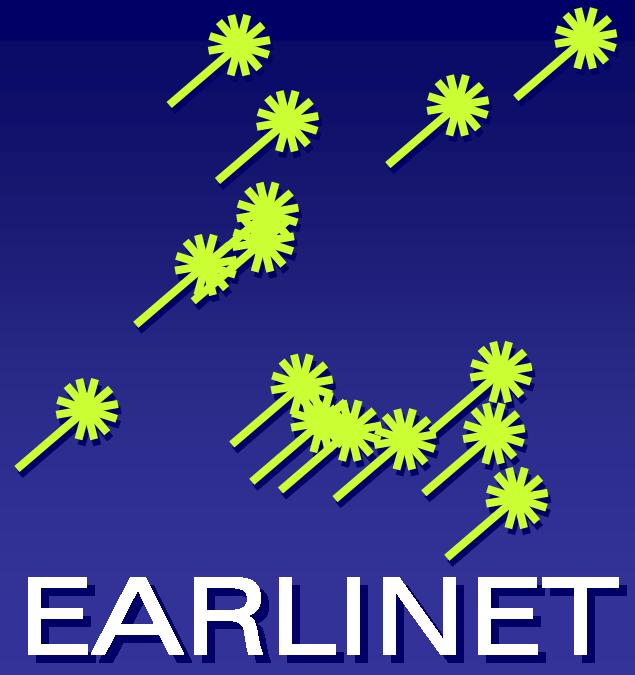Mercurial > public > atmospheric_lidar_ghk / file revision
README.md@548e14cb9c21
README.md
Mon, 28 Jan 2019 11:21:13 +0100
- author
- Volker Freudenthaler <volker.freudenthaler@lmu.de>
- date
- Mon, 28 Jan 2019 11:21:13 +0100
- changeset 34
- 548e14cb9c21
- parent 4
- c23f5fbf076e
- child 46
- c1b90afc0109
- permissions
- -rw-r--r--
updated Improvements_of_lidar_correction_ghk_ver.0.9.8_190125.pdf
Calculation of pollarization correction factors for atmospheric lidar system, developed by Volker Freudenthaler (LMU). # Theory The theoretical basis of the script is described in detail in : >Freudenthaler, V.: About the effects of polarising optics on lidar signals and the Δ90 calibration, Atmos. Meas. Tech., 9, 4181-4255, doi:10.5194/amt-9-4181-2016, 2016 >http://www.atmos-meas-tech.net/9/4181/2016/ Additional information can be found in: >Bravo-Aranda, J. A., Belegante, L., Freudenthaler, V., Alados-Arboledas, L., Nicolae, D., Granados-Muñoz, M. J., Guerrero-Rascado, J. L., Amodeo, A., D'Amico, G., Engelmann, R., Pappalardo, G., Kokkalis, P., Mamouri, R., Papayannis, A., Navas-Guzmán, F., Olmo, F. J., Wandinger, U., Amato, F., and Haeffelin, M.: Assessment of lidar depolarization uncertainty by means of a polarimetric lidar simulator, Atmos. Meas. Tech., 9, 4935-4953, doi:10.5194/amt-9-4935-2016, 2016. >http://www.atmos-meas-tech.net/9/4935/2016/ # Use To run the script you need to: 1. Create a file describing your system settings and parameters. You can find an example file in the "system_settings" folder. Give a descriptive name and save it in the "system_settings" folder. 2. Open the "lidar_correction_ghk.py" file, and set the variable InputFile to the filename you chose in step 1. 3. Run "python lidar_correction_ghk.py"

